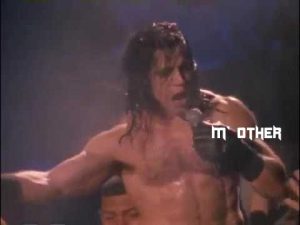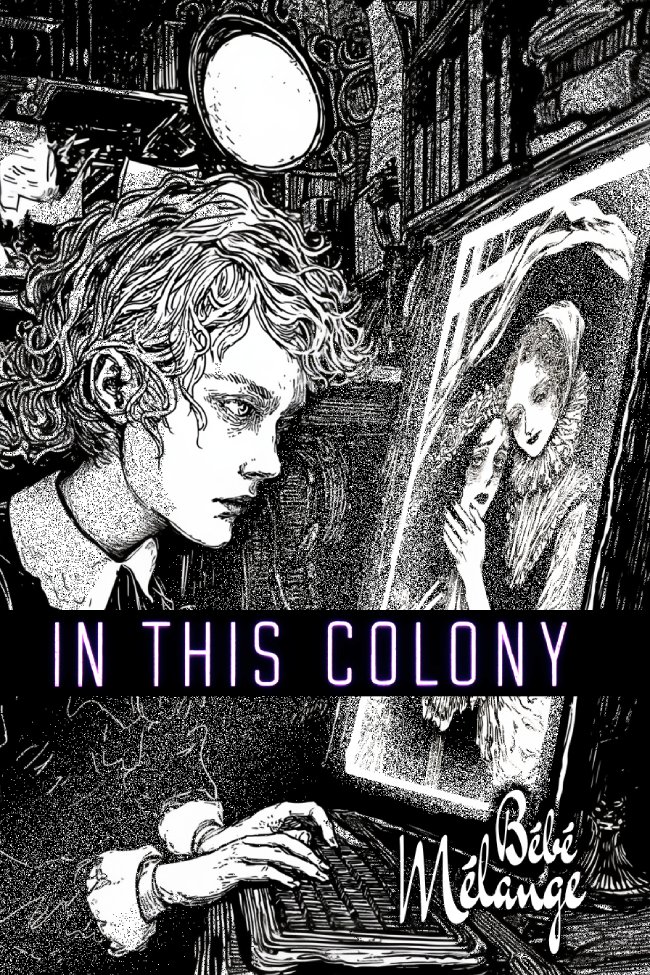We’re all sick. My mother-in-law brought home some wacky virus or other, which naturally is hitting my husband the worst, because they always do. As I compose it’s only 5:49 in the evening (black night this time of year at this latitude) and after eating some thanksgiving themed gruel, he’s gone back to sleep again. At least there’s no wheezing. They say rest is supposed to be good for sickness, right?
MiL cooked the gruel tho, and I said thanks to her for that. Wish she’d ever wear a mask.
I’ve been thinking about how much of a social outlier you have to be to wear a mask these days. Practically nobody does it. That makes it a conformity thing, I think. There is no way the vast majority of the population in a blue state feels easy-breezy-indestructible about disease and/or nihilistic enough to not care who suffers or dies for unnecessary transmissions. Some of these people would do it, if they weren’t afraid of looking like a freak.
So when you see somebody wearing a mask properly, understand that person is either a cowardy custard whose germophobia exceeds their social fear, or they are a person so fucken cool they genuinely don’t give a fuck what other people think about them – mostly the latter. Props either way, because vulnerable people like my husband don’t deserve this shit. I wish his mom wasn’t a slave to conformity.
After a few hours of interruption, back to finish the article up. He woke to eat two bites of pumpkin pie and went back to sleep. Snoring again. At least that’s breathing.
–

 my own husband is a good example of a person becoming progressively more disabled, which seems to be a recurring theme among like every art person i know, like wtf, is art like a slow-burning cancer.
my own husband is a good example of a person becoming progressively more disabled, which seems to be a recurring theme among like every art person i know, like wtf, is art like a slow-burning cancer.